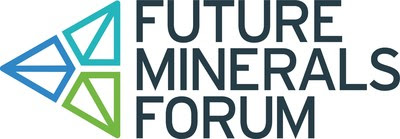JUBA— The United Nations Office for the Coordination of Humanitarian Affairs (OCHA) on Thursday said an estimated 30,000 people have been displaced following skirmishes in the Greater Pibor Administrative Area.
Humanitarian Coordinator for South Sudan Sara Beysolow Nyanti said an attack by armed youths from Jonglei State on Dec. 24 on the communities of Greater Pibor Administrative Area resulted in cattle raiding, destruction of properties, and displacement of 5,000 people, including women and children who fled to Pibor town from the conflict areas of Gumuruk and Lekuangole.
Nyanti said in a statement issued in Juba, the capital of South Sudan, that humanitarian partners are providing much-needed assistance to those affected by the violence, adding that the recent skirmishes follow another massive displacement of civilians which was triggered by fighting in mid-November 2022 in Fashoda County, in Upper Nile State.
Nyanti said the ongoing conflict, including violence at the sub-national level, has impacted thousands of people in 2022, leading to displacements, and loss of lives and livelihoods, which have worsened civilian suffering, necessitating the need for lifesaving humanitarian assistance and protection.
“The violence must stop. The whole humanitarian community calls upon all armed elements to immediately cease hostilities, respect international humanitarian law and protect civilians and humanitarian workers. Impunity is a perpetuating factor and root cause of conflict and insecurity. There must be accountability,” Nyanti stressed.
United Nations Children’s Fund Representative in South Sudan Hamida Lasseko expressed grave concern over the escalation of violence, noting that the crisis is overstretching humanitarian operations in the country.
“The ongoing fighting has had an adverse impact on the overstretched humanitarian operations in South Sudan, opening new gaps. This puts additional strain on the humanitarian response and resources. We are forced to prioritize immediate lifesaving needs of the newly displaced population,” Lasseko added.
OCHA has projected that 9.4 million people will need humanitarian assistance and protection, and an estimated 2.8 million people are expected to face physical violence including rape and other forms of gender-based violence and will need protection assistance next year with protracted displacement that has affected more than 2.2 million people unable to return to their homes.
Source: Nam news Network
 The
The 